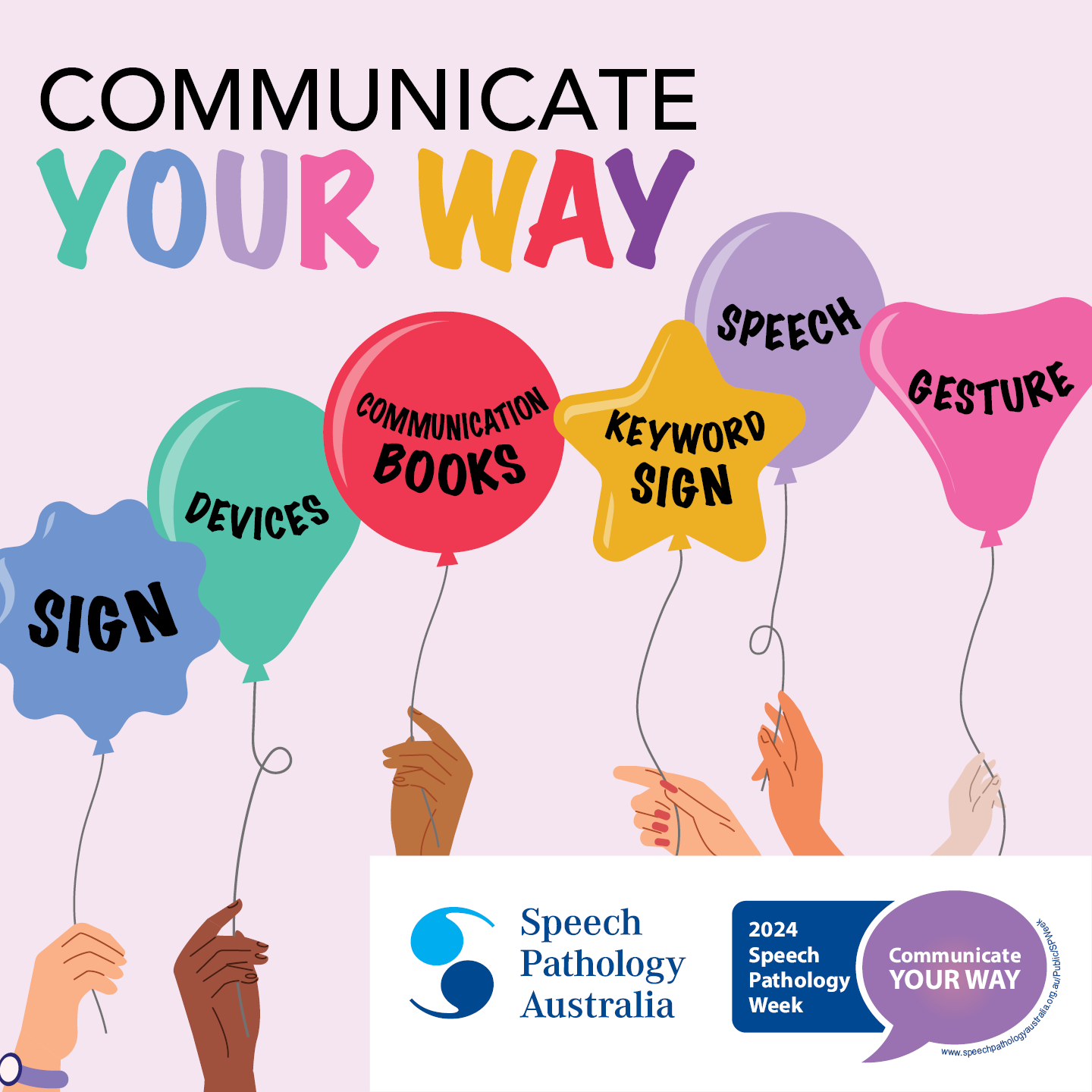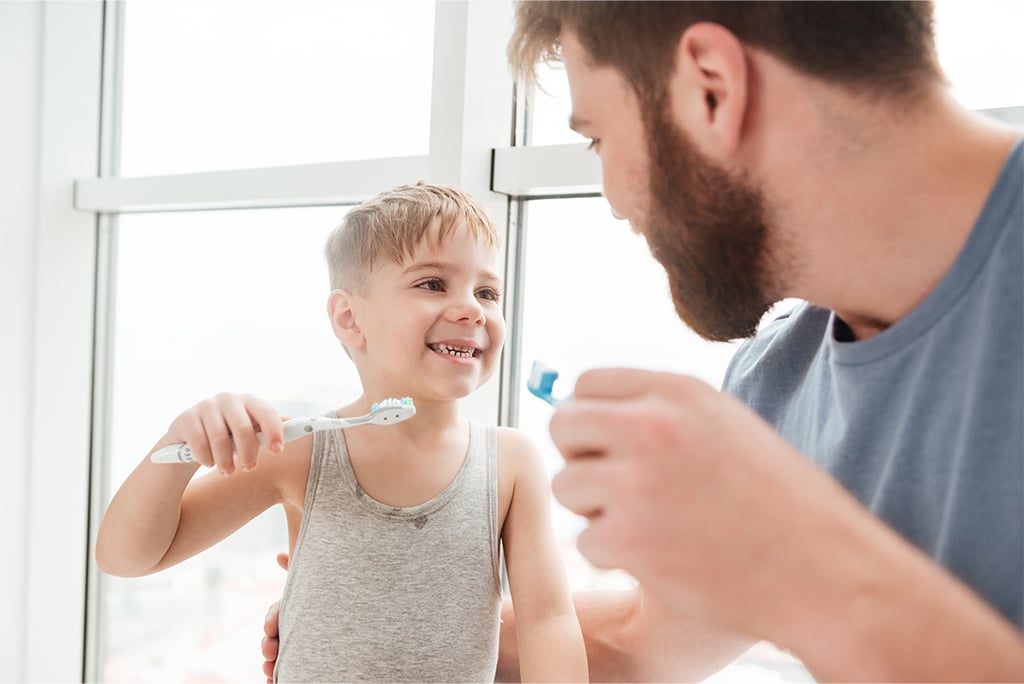Search
Research
Trends in the diagnosis of Rett syndrome in AustraliaModifications to diagnostic criteria and introduction of genetic testing have likely affected the pattern and timing of Rett syndrome diagnosis...
Research
Do hypertensive diseases of pregnancy disrupt neurocognitive development in offspring?Do hypertensive diseases of pregnancy disrupt neurocognitive development in offspring?
Research
Where were those rabbits? A new paradigm to determine cerebral lateralisation of visuospatial memory function in childrenIn this study we devised a child-friendly version of a paradigm to assess lateralisation of visuospatial memory using functional transcranial Doppler...
Research
Air travel and the risks of hypoxia in childrenIn infants and children with chronic respiratory disease, hypoxia is a potential risk of aircraft travel.
Research
Molecular characterization of Der p 10: A diagnostic marker for broad sensitization in house dust mite allergyTropomyosins represent clinically relevant seafood allergens but the role of mite tropomyosin
Research
Participation in population-based case-control studies: does the observed decline vary by socio-economic status?Participation in population-based case-control studies: does the observed decline vary by socio-economic status?
Research
Hospitalisation with infection, asthma and allergy in Kawasaki disease patients and their families: genealogical analysis using linked population dataKawasaki disease results from an abnormal immunological response to one or more infectious triggers.
Learn more about the SenseVest Study at CliniKids

News & Events
Communicate your wayTo kick off Speech Pathology Week 2024, we asked our clients, their families and the community to share the different ways they communicate. Senior Speech Pathologist Sally Grauaug compiled their ideas and feedback into this blog.

News & Events
Learning to brush teeth independentlyIn this blog, Curtin University Occupational Therapy student Emily Mower shares some tips to help your child successfully brush their teeth.
